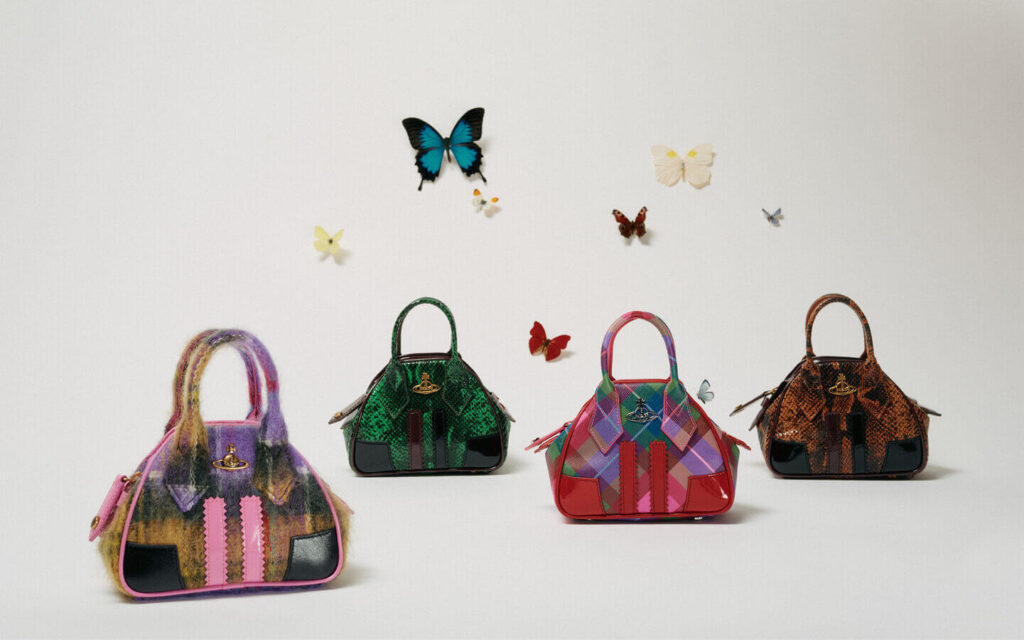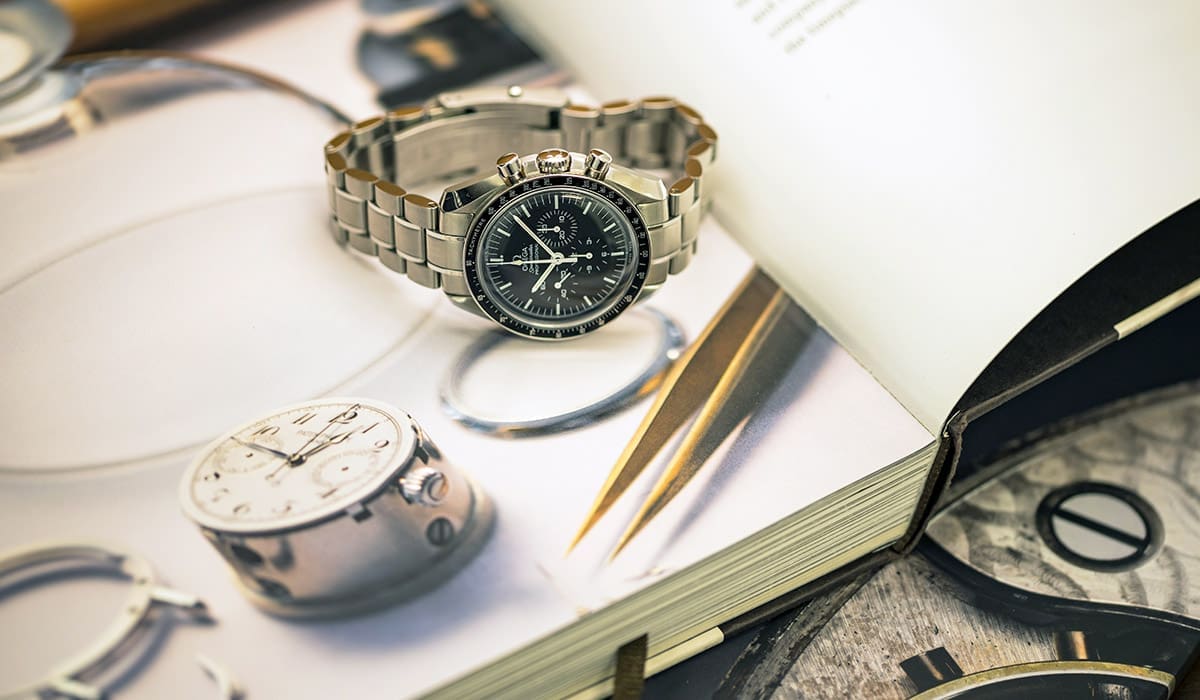Laura McKnight wasn’t terribly surprised to learn that Hanes Mall leads all locations in Winston-Salem in calls for police service.
Though withering with the rise of online shopping and (nearly) next day delivery, the mall still boasts more than 150 retail outlets over its 1.5 million square feet.
So it stands to reason that shopkeepers and cashiers wind up calling the Winston-Salem Police Department, on average, more than twice a day every day of the year.

Evidence markers are placed around blood on the sidewalk after a shooting at Hanes Mall earlier this month that left one person injured.
Shoplifting and larceny never go out of style.
“That makes sense,” she said. “I’ve never been worried or had any hesitancy about going to the mall. I’ve been going there since I was 9 years old.”
All that changed, however, when she spent more than an hour earlier this month huddled with other confused and terrified mall-goers while police rushed to find the mope who’d shot another man.
“I’ve never worried about anything like that happening,” McKnight said. “I’ll definitely think twice now, though.”
Reputation vs. cold, hard numbers
On a whim way back in the pre-pandemic days, police department data analysts crunched the numbers on calls for service at the busiest places in town.
Retail outlets — Hanes Mall in particular — have long been saddled with a reputation for being the “most dangerous” places in town. But without statistics, that amounted to conjecture.
Here’s a closer look at why police have been called to the mall in 2021 and 2022. Click on the table for the full list.
The numbers from 2018 were eye-catching; police were called to the mall 698 times, or an average of twice a day every single day. And with the cost of the average 911 call running more than $330, the strain on the city budget is obvious.
Calls for service, by the way, are just that. They’re neither arrests nor convictions. They’re simply a log of calls and what prompted them, and sometimes a single call may be about different things.
Shopping centers — Hanes Mall and retail outlets anchored by big-box stores such as Walmart — typically fill out any top five list of calls to police in any given year. The hospitals, Novant Health Forsyth Medical Center and Atrium Health Wake Forest Baptist, generate a lot of calls to police due to concerns over injuries and mental health.
The mall, however, ranks high year after year in terms of volume. In 2021, a year with significant COVID issues and store closings, police were summoned 764 times. The most logged that year was 811 to Atrium Health Wake Forest.
The demise of in-person shopping — a variety of studies show that 25% of the 1,000 or so malls left in the United States would close in the next few years — and a series of high-profile shootings at the mall added impetus to examining the numbers.
In August 2019, a 32-year-old father was shot to death during a fight outside a restaurant. Witnesses said he had come to the defense of a bartender who was verbally abused by a gun-toting, heavy drinker.
A few months later, in November, a juvenile was shot in the face during a fight near J.C. Penney, and weeks after that, in January, an 18-year-old shot a younger teen outside Forever 21.
A follow-up check with data analysts in 2020 showed a similar pattern: 1,142 calls from the mall in 2019 and 754 through December 2020 with close to two-thirds related to larceny, shoplifting and theft.
The takeaway for arm-chair analysts, then, had to be that the mall, while a frequent destination for police, isn’t particularly dangerous for the average shopper or walker.
The shootings, which fairly attracted attention from the public, were targeted (and rare) acts of violence.
McKnight, as any prudent person might, nevertheless took note of those incidents and made adjustments.
“I never go out there at night anymore,” she said.
Afternoon of terror
Knowing the statistics about police calls for service and altering the times when she’d go to the mall didn’t prepare McKnight for what she encountered May 10.
She’d gone to Hanes Mall with her son to shop for sunglasses when a gunman opened up on another man near the food court.
McKnight didn’t know it at the time, but the uniquely American “active shooter” drill was unfolding in real time.
“An older couple came flying in (the Sunglass Hut) and went directly to the corner like mice,” she said. “It was very quiet. Nobody said anything.”
A second family, a mother, grandmother and a young child, followed. A store employee, McKnight said, passed word that the mall was going on lockdown without giving a specific reason.
“Everybody was crouching in the corner so I figured we better do that, too,” she said.
People hunkered down and turned to — where else? — their smartphones to try and figure out why others were running for exits.
“We were pretty calm,” McKnight said. “I wasn’t scared until we were told to get away from the glass (at the front of the store).”
Later, like the rest of the city and beyond, McKnight learned that one young man had shot another in the arm and that police were having trouble immediately locating a suspect.
(Two days later, on Thursday, police said in a news release that 26-year-old Reginald Dewayne Gray had been shot in the arm. He was arrested after being released from the hospital and charged with possession of a firearm by a felon.)
Even that — learning that, yet again, an act of violence in a very public place was targeted and not random — wasn’t much consolation after experiencing fear of the unknown while hunkered down in the back of a store.
“It’s just sad that people can’t come out of their houses without bringing a gun with them and then pulling it out at the least altercation,” McKnight said.

Forsyth County Sheriff’s deputies investigate the scene of a shooting at Hanes Mall on May 10.
336-727-7481





More Stories
Victims, gunman, and ‘good Samaritan’ who ended massacre ID’d in Indiana mall shooting
Armed citizen at Greenwood mall hailed as hero who saved lives – WISH-TV | Indianapolis News | Indiana Weather
Indiana mall shooting: Live updates